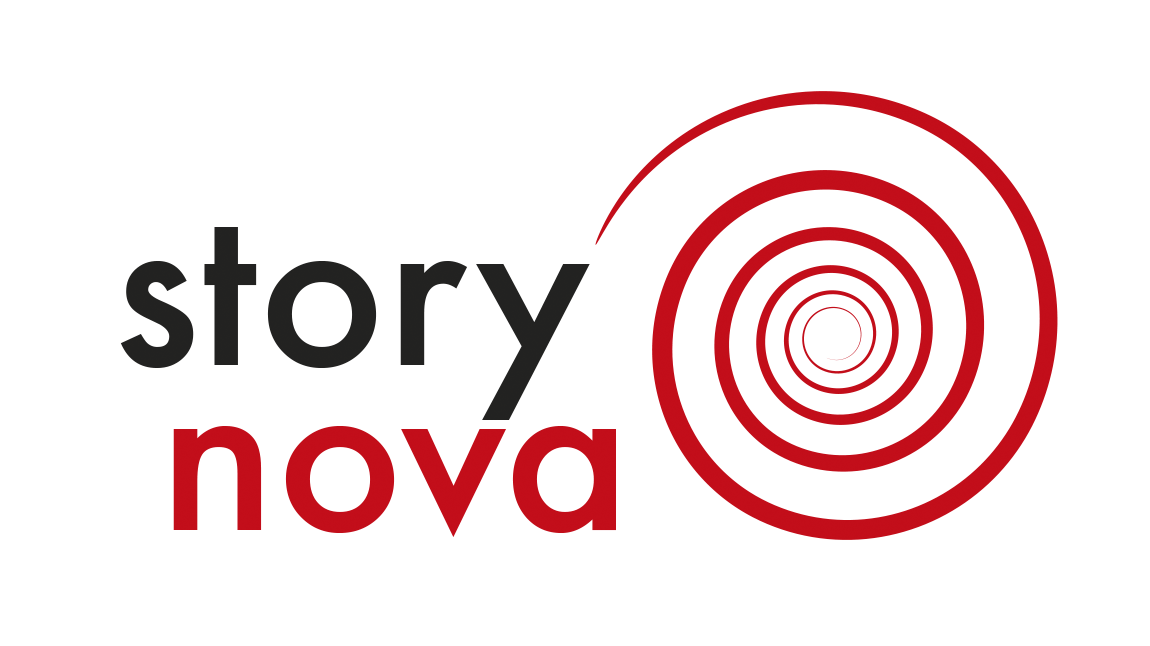Befriending Fear
A few nights ago, I had a dream. I was in a house that felt like mine, moving through it in the wee hours of the morning. All was dark except for a dim glow in the corridor. I passed several closed doors before stopping at the one to the bedroom. I pressed down on the door handle, pulled the door open — and came face-to-face with a sinister male figure, a pitch-black silhouette with cold, yellow eyes that bore right through me. A wave of paralyzing fear flooded my body and woke me up.
And the first thing I did was savor the physiological sensation of sheer terror in my body. I thought, “Ah, yes. This is what fear feels like.” And I was grateful for it. Because I don’t often feel fear so directly, so unmistakably. And because I don’t, I have spent a good part of my life believing I'm not afraid.
I have since learned better.
I have learned, for example, that I feel many other emotions behind which fear sometimes hides: anger, excitement, impatience, resentment, elation, grief, to name a few. And from seven years of constant, debilitating back pain in my late 20s and early 30s, I learned that unconscious fear has other ways of making its presence known. I can’t always pinpoint the fear, but if I can allow it might be there, the pain usually stops.
So it’s ironic that I had an episode of back pain just as I was putting the finishing touches on a workshop that explores fear. I had been working on the landing page for the workshop, the last step before announcing it to the world. I was worried that the code I was adding to the page might break it, since I’m not a coder. And I was preoccupied with ensuring a smooth user experience during checkout and payment. When I went to bed that night with a twinge in my back, I thought I knew why. But by morning, the pain had worsened significantly. I asked myself what else I might be afraid of, and I realized I wasn’t sure I could sell the workshop.
I went through the stories I was running in my head. “People are fed up with online workshops.” “The value proposition isn’t clear.” “I don't have enough time for marketing.” “I’m no good at selling.” All hold at least a grain of truth. And simply acknowledging the fear behind each of these stories was enough to ease my back pain.
Not all fear is of the heart-stopping terror variety like I experienced in my dream. Clients often claim they have no fear, but soon identify doubts, preoccupations, anxieties, and worries. Those too are fears, and our fears carry wisdom. They alert us to our need for safety and security. They point out risks ahead and things we need to pay attention to. They warn us of potential problems so that we can anticipate solutions.
The reality is that we are creatures of hope and fear. It’s our existential condition as the mortal beings that we are. And yet somehow fear has become taboo to talk about openly. Phrases like “we have nothing to fear but fear itself” lay the groundwork for a culture of toxic positivity. Another pet peeve of mine is “fear is only in the mind.” No, it is not. Fear is in the mind and in our bodies. In our stories, in our experiences, and in our cultures. In us and around us.
Paradoxically, such attitudes are born of a fear of fear. One of the things that scares us most is other people’s fear. We seem to believe that fear is inevitably contagious, and if we don’t guard against it, it will paralyze us. Or that being afraid is the equivalent of being weak. I put myself right in here because clearly, somewhere along the way I picked up the same message that feeling fear is not OK.
In this age of #CovidPermission, I’m calling our collective bluff. All of us are afraid at least some of the time, and we have good reasons for it. And sure, we can be afraid AND paralyzed, afraid AND despondent. But we can also be afraid AND courageous. Afraid AND optimistic. What I don’t think we can ever be is in denial of our very human fears AND free.
We don’t overcome or conquer fear, we acknowledge our way through it. When we stop denying fear, its grip on us releases, allowing us to be with our fear instead of trapped by it. We find a little more ease, a little more grace, and we become more adept at dealing with our challenges. Accepting fear doesn’t prevent us from being proactive and resourceful, it only releases us from additional pain.
Getting back to my workshop about fear, I promoted it widely and in the process expanded my network. I got some wonderful feedback, a couple of people who indicated they wanted to take it but couldn’t make the date, and no sales. I’ve rescheduled it for January, leaving myself the lead time I should have anticipated from the beginning. And you know what? Acknowledging my fear helped. It made me curious about how I can become better at selling. I’m even beginning to have fun with it.

